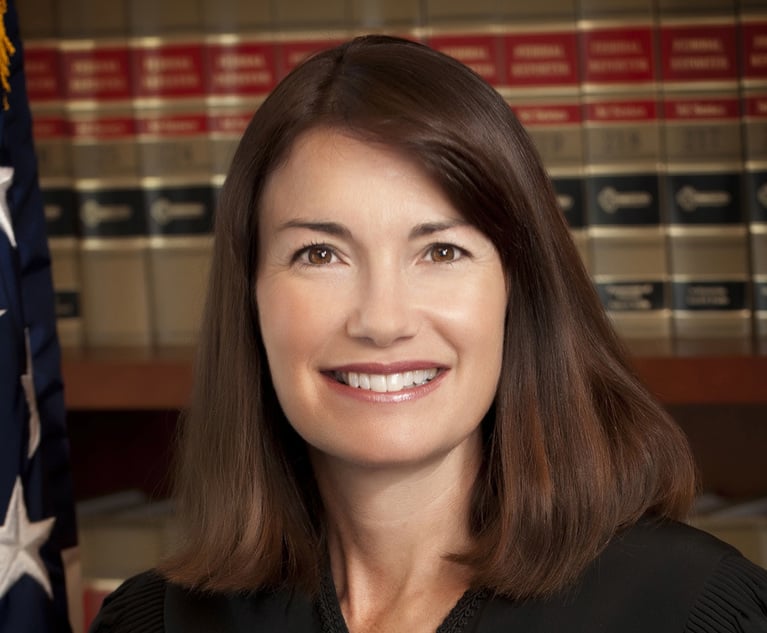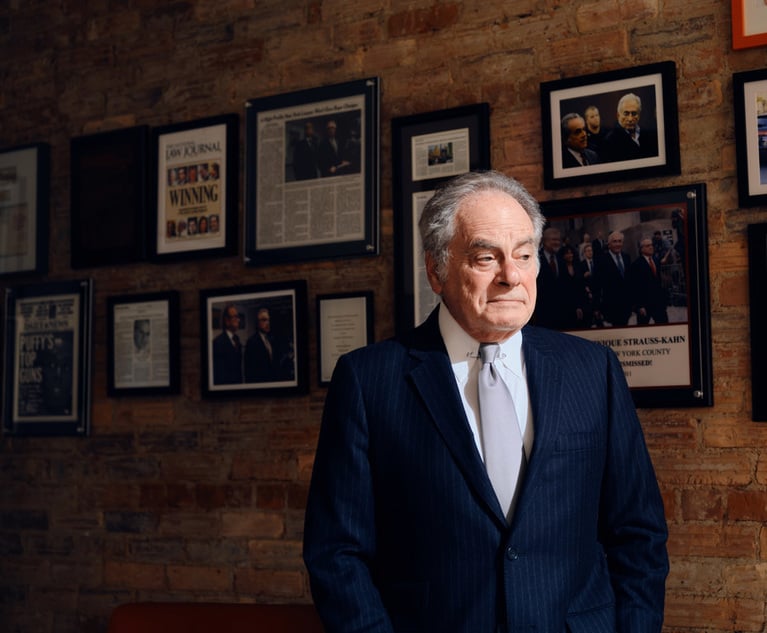Maslenjak v. United States
U.S. Sup. Ct.; 16–309 Petitioner Divna Maslenjak is an ethnic Serb who resided in Bosnia during the 1990’s, when a civil war divided the…
June 22, 2017 at 06:58 PM
7 minute read
U.S. Sup. Ct.;
16–309
Petitioner Divna Maslenjak is an ethnic Serb who resided in Bosnia during the 1990's, when a civil war divided the new country. In 1998, she and her family sought refugee status in the United States. Interviewed under oath, Maslenjak explained that the family feared persecution from both sides of the national rift: Muslims would mistreat them because of their ethnicity, and Serbs would abuse them because Maslenjak's husband had evaded service in the Bosnian Serb Army by absconding to Serbia. Persuaded of the Maslenjaks' plight, American officials granted them refugee status. Years later, Maslenjak applied for U. S. citizenship. In the application process, she swore that she had never given false information to a government official while applying for an immigration benefit or lied to an official to gain entry into the United States. She was naturalized as a U. S. citizen. But it soon emerged that her professions of honesty were false: Maslenjak had known all along that her husband spent the war years not secreted in Serbia, but serving as an officer in the Bosnian Serb Army.
The Government charged Maslenjak with knowingly “procur[ing], contrary to law, [her] naturalization,” in violation of 18 U. S. C. §1425(a). According to the Government's theory, Maslenjak violated §1425(a) because, in the course of procuring her naturalization, she broke another law: 18 U. S. C. §1015(a), which prohibits knowingly making a false statement under oath in a naturalization proceeding. The District Court instructed the jury that, to secure a conviction under §1425(a), the Government need not prove that Maslenjak's false statements were material to, or influenced, the decision to approve her citizenship application. The Sixth Circuit affirmed the conviction, holding that if Maslenjak made false statements violating §1015(a) and procured naturalization, then she also violated §1425(a).
This content has been archived. It is available through our partners, LexisNexis® and Bloomberg Law.
To view this content, please continue to their sites.
Not a Lexis Subscriber?
Subscribe Now
Not a Bloomberg Law Subscriber?
Subscribe Now
NOT FOR REPRINT
© 2024 ALM Global, LLC, All Rights Reserved. Request academic re-use from www.copyright.com. All other uses, submit a request to [email protected]. For more information visit Asset & Logo Licensing.
You Might Like
View All

Judge Asks: Should Tom Girardi Serve Sentence in a Medical Facility or Behind Bars?
4 minute read
Commentary: President Biden Should Commute Death Sentences of All Federal Inmates
6 minute read
Ben Brafman Reflects on Nearly 50 Years as a Defense Attorney
Trending Stories
Who Got The Work
Michael G. Bongiorno, Andrew Scott Dulberg and Elizabeth E. Driscoll from Wilmer Cutler Pickering Hale and Dorr have stepped in to represent Symbotic Inc., an A.I.-enabled technology platform that focuses on increasing supply chain efficiency, and other defendants in a pending shareholder derivative lawsuit. The case, filed Oct. 2 in Massachusetts District Court by the Brown Law Firm on behalf of Stephen Austen, accuses certain officers and directors of misleading investors in regard to Symbotic's potential for margin growth by failing to disclose that the company was not equipped to timely deploy its systems or manage expenses through project delays. The case, assigned to U.S. District Judge Nathaniel M. Gorton, is 1:24-cv-12522, Austen v. Cohen et al.
Who Got The Work
Edmund Polubinski and Marie Killmond of Davis Polk & Wardwell have entered appearances for data platform software development company MongoDB and other defendants in a pending shareholder derivative lawsuit. The action, filed Oct. 7 in New York Southern District Court by the Brown Law Firm, accuses the company's directors and/or officers of falsely expressing confidence in the company’s restructuring of its sales incentive plan and downplaying the severity of decreases in its upfront commitments. The case is 1:24-cv-07594, Roy v. Ittycheria et al.
Who Got The Work
Amy O. Bruchs and Kurt F. Ellison of Michael Best & Friedrich have entered appearances for Epic Systems Corp. in a pending employment discrimination lawsuit. The suit was filed Sept. 7 in Wisconsin Western District Court by Levine Eisberner LLC and Siri & Glimstad on behalf of a project manager who claims that he was wrongfully terminated after applying for a religious exemption to the defendant's COVID-19 vaccine mandate. The case, assigned to U.S. Magistrate Judge Anita Marie Boor, is 3:24-cv-00630, Secker, Nathan v. Epic Systems Corporation.
Who Got The Work
David X. Sullivan, Thomas J. Finn and Gregory A. Hall from McCarter & English have entered appearances for Sunrun Installation Services in a pending civil rights lawsuit. The complaint was filed Sept. 4 in Connecticut District Court by attorney Robert M. Berke on behalf of former employee George Edward Steins, who was arrested and charged with employing an unregistered home improvement salesperson. The complaint alleges that had Sunrun informed the Connecticut Department of Consumer Protection that the plaintiff's employment had ended in 2017 and that he no longer held Sunrun's home improvement contractor license, he would not have been hit with charges, which were dismissed in May 2024. The case, assigned to U.S. District Judge Jeffrey A. Meyer, is 3:24-cv-01423, Steins v. Sunrun, Inc. et al.
Who Got The Work
Greenberg Traurig shareholder Joshua L. Raskin has entered an appearance for boohoo.com UK Ltd. in a pending patent infringement lawsuit. The suit, filed Sept. 3 in Texas Eastern District Court by Rozier Hardt McDonough on behalf of Alto Dynamics, asserts five patents related to an online shopping platform. The case, assigned to U.S. District Judge Rodney Gilstrap, is 2:24-cv-00719, Alto Dynamics, LLC v. boohoo.com UK Limited.
Featured Firms
Law Offices of Gary Martin Hays & Associates, P.C.
(470) 294-1674
Law Offices of Mark E. Salomone
(857) 444-6468
Smith & Hassler
(713) 739-1250






